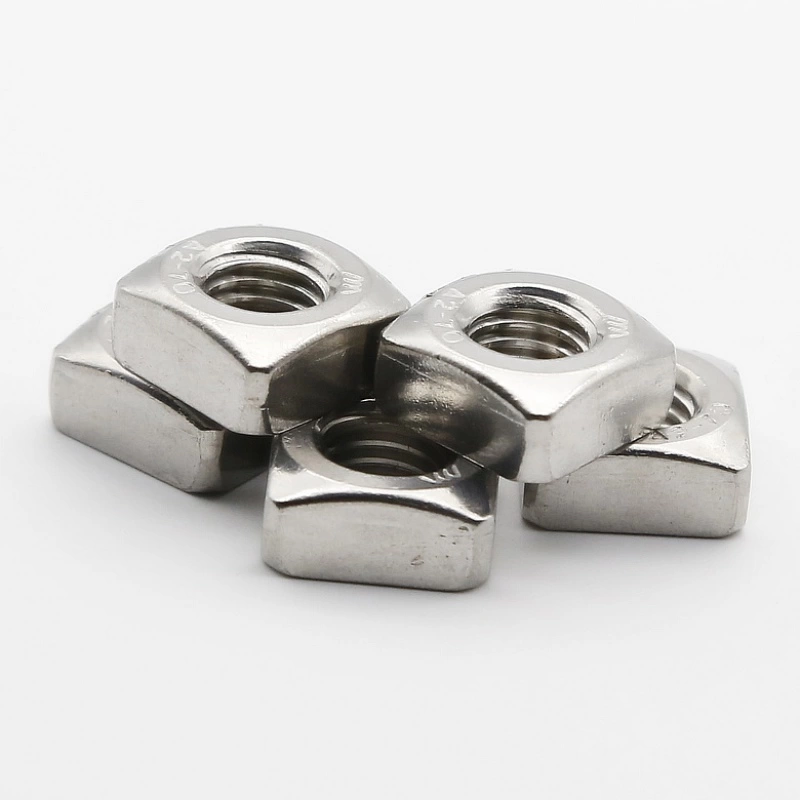

m25 bolt
Dis . 17, 2024 22:10 Back to list
m25 bolt
Understanding M25 Bolt Specifications and Applications
In the realm of engineering and construction, the M25 bolt is a prominent choice due to its strength, durability, and versatility. This metric bolt, characterized by its diameter of 25 millimeters, plays a critical role in both structural and mechanical applications. Understanding the specifications, manufacturing standards, and applications of the M25 bolt is essential for engineers and builders alike.
Specifications of M25 Bolt
The M25 bolt is defined by a series of specifications governed by international standards such as ISO (International Organization for Standardization) and DIN (Deutsches Institut für Normung). The “M” denotes a metric bolt, while the number “25” indicates the bolt's nominal diameter in millimeters. These bolts typically come in various grades that define their tensile strength, which is vital for their performance in different applications.
Common grades for M25 bolts include 8.8, 10.9, and 12.9, with each grade representing the steel's tensile strength and ductility. For example, an M25 8.8 bolt has a minimum tensile strength of 800 MPa and yield strength of 640 MPa. The higher the grade number, the stronger and more resilient the bolt.
Furthermore, M25 bolts are frequently used with corresponding nuts and washers to ensure secure fastening by distributing load and reducing the risk of damage to the materials being joined. The standard threading for M25 bolts is coarse, but fine thread bolts are also available for applications requiring finer adjustments.
Manufacturing Process
The manufacturing process of M25 bolts typically involves cold forging and hot forging techniques. Cold forging is preferred for producing threads and enhancing the bolt's strength without sacrificing ductility. In contrast, hot forging allows for the creation of larger quantities in a shorter timeframe. Once forged, these bolts undergo heat treatment to improve their hardness and mechanical properties, making them suited for heavy-duty applications.
m25 bolt

Quality control is a critical aspect of the manufacturing process. Each bolt is subjected to extensive testing, including tensile strength tests, yield point tests, and surface finish inspections to ensure compliance with quality standards.
Applications of M25 Bolt
The applications of the M25 bolt span a wide array of industries, which showcases its versatility. In construction, M25 bolts are used for securing structural elements in buildings, bridges, and highways. Their high tensile strength makes them ideal for load-bearing applications where stability and safety are paramount.
In the automotive industry, M25 bolts are frequently utilized in assembling components of heavy machinery and vehicles, where robustness is crucial for the operational efficiency and safety of the equipment. Additionally, these bolts are commonly found in manufacturing plants for machinery installations and maintenance, contributing to the overall operational integrity.
The oil and gas sector also relies on M25 bolts for securing pipeline components and machinery in challenging environments where resistance to corrosion and extreme weather conditions is required.
Conclusion
The M25 bolt is a significant component in various industrial applications due to its impressive specifications and reliability. As the demand for robust fastening solutions continues to grow across sectors, understanding the properties and applications of M25 bolts will aid engineers and builders in making informed decisions to enhance safety and performance in their projects. Whether in construction, automotive, or manufacturing, the M25 bolt remains a critical element ensuring structural integrity and safety in numerous applications.
Latest news
-
Premium Self Tapping Metal Screws: Strong & Easy Install
NewsAug.02,2025
-
Premium Fasteners Manufacturer | AI-Driven Solutions
NewsAug.01,2025
-
Hot Dip Galvanized Bolts - Hebei Longze | High Strength, Corrosion Resistance
NewsAug.01,2025
-
High-Strength Hot Dip Galvanized Bolts - LongZe | Corrosion Resistance, Custom Sizes
NewsAug.01,2025
-
Best Self Tapping Screws for Drywall - Fast & Secure Installation
NewsJul.31,2025
-
High-Strength Hot Dip Galvanized Bolts-Hebei Longze|Corrosion Resistance&Customization
NewsJul.31,2025

